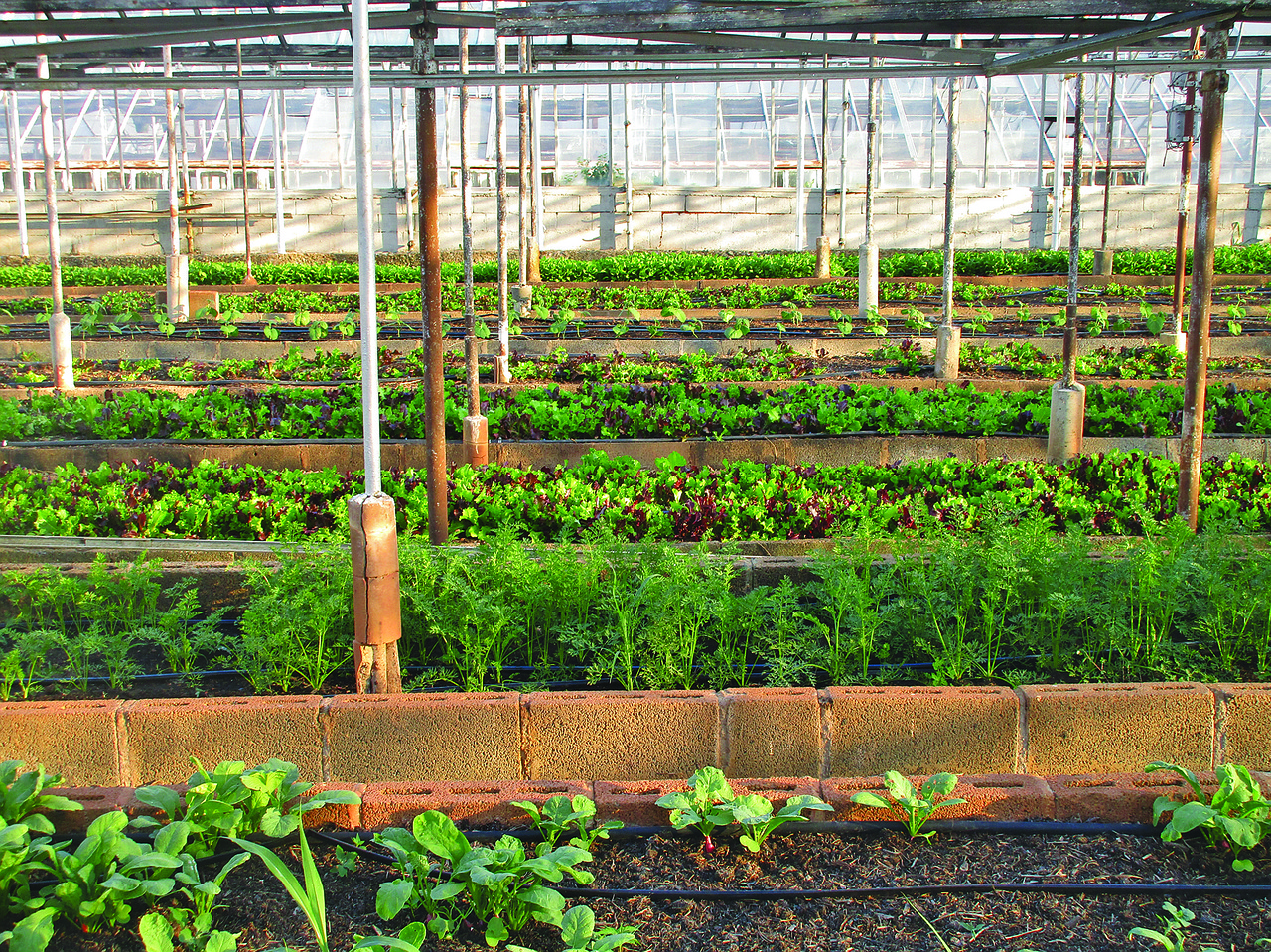The Growth of Boutique Coffee Roasters
Specialty coffee has witnessed a significant surge in popularity in recent years, with consumers increasingly seeking out unique and high-quality coffee beverages. This growing trend can be attributed to a greater emphasis placed on the origin, processing methods, and flavor profiles of coffee beans. As coffee drinkers become more educated and discerning about their preferences, the demand for specialty coffee has continued to rise.
The shift towards specialty coffee can also be seen in the proliferation of artisanal coffee shops and roasteries around the world. These establishments prioritize quality over quantity, sourcing beans from specific regions and employing meticulous roasting techniques to bring out the best flavors in each batch. By focusing on small-batch production and a commitment to sustainability, these coffee purveyors have captured the attention of a new generation of coffee enthusiasts seeking a more elevated and nuanced coffee experience.
The Artisanal Approach to Coffee Roasting
Specialty coffee roasters are embracing an artisanal approach, focusing on quality, craft, and attention to detail in every batch roasted. This meticulous process involves hands-on methods and a commitment to bringing out the unique flavors and characteristics of each coffee bean.
By roasting in small batches and closely monitoring variables such as temperature and airflow, artisanal coffee roasters are able to create a superior product that reflects their dedication to the craft. This personalized touch sets these roasters apart, allowing them to cater to the growing demand for high-quality, distinctive coffee experiences.
The Influence of Third Wave Coffee Culture
Third Wave Coffee Culture has undeniably made a notable impact on the coffee industry in recent years. This movement places emphasis on high-quality coffee beans, meticulous brewing methods, and a deep appreciation for the entire coffee-making process. It has redefined the way people perceive and consume coffee, shifting the focus from merely a caffeine fix to a sensory experience that showcases the complexities and nuances of different coffee beans.
The influence of Third Wave Coffee Culture can be seen in the rise of specialty coffee shops and roasteries that prioritize sustainability, transparency, and ethical sourcing. These establishments often work directly with coffee farmers to ensure fair prices and support environmentally friendly practices. Additionally, Third Wave Coffee Culture has sparked a trend of coffee aficionados seeking out unique and rare coffee varieties, leading to a greater demand for single-origin coffees and micro-lot releases that highlight the distinct flavors of specific regions and farms.





